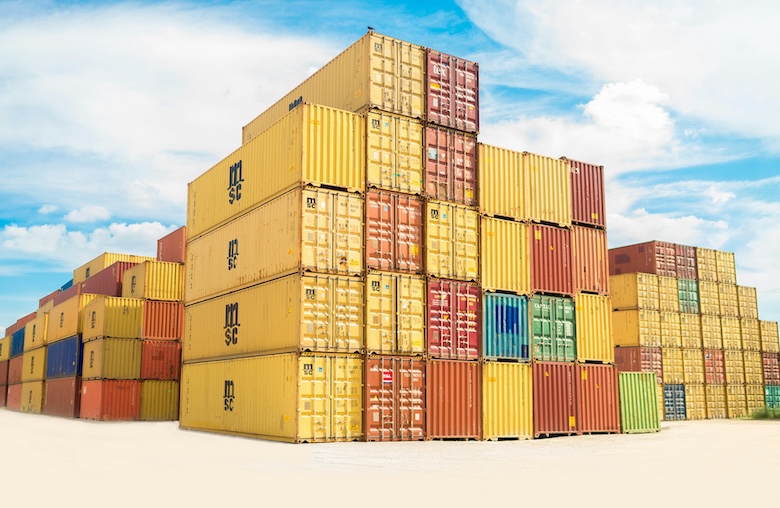Why should you watch this video?
Discover insights on the real potential of AI in supply chain management, debunking common myths and understanding AI’s role alongside human decision-making.
Key Points:
Bart Bullard and Remarcus Smith from Pegasus Logistics Group tackle common misconceptions about AI, emphasizing that it cannot replicate the depth of human experience or decision-making. They outline AI’s incremental impact on supply chains: short-term in identifying optimization opportunities, mid-term in suggesting and taking approved actions, and long-term in autonomously making business decisions with ongoing human oversight. The goal is to leverage AI to automate routine tasks, allowing employees to focus on more complex decisions.
Broader Context
The conversation sheds light on the evolving relationship between AI and supply chains, reflecting a broader technological shift towards automation and efficiency. By understanding AI’s capabilities and limitations, businesses can better integrate these tools to complement human expertise, ultimately driving innovation and improving operational efficiency in an ever-changing industry landscape.
Q&A
- What misconceptions exist about AI in supply chain management?
- One common misconception is that AI can fully replace human decision-making, overlooking the nuance and depth of experience humans bring to complex problems.
- One common misconception is that AI can fully replace human decision-making, overlooking the nuance and depth of experience humans bring to complex problems.
- How does AI incrementally impact supply chain management?
- AI’s impact evolves from identifying optimization opportunities to suggesting and executing actions, and ultimately, autonomously making decisions within set parameters, always with human oversight.
- AI’s impact evolves from identifying optimization opportunities to suggesting and executing actions, and ultimately, autonomously making decisions within set parameters, always with human oversight.
- What is the long-term goal of AI in supply chains?
- The ultimate aim is to utilize AI for routine and repetitive tasks, thereby freeing up human talent to address more strategic challenges and decisions, enhancing overall operational efficiency.
- The ultimate aim is to utilize AI for routine and repetitive tasks, thereby freeing up human talent to address more strategic challenges and decisions, enhancing overall operational efficiency.
Deep Dive
Exploring the difference between AI and traditional algorithms reveals AI’s unique ability to learn and adapt over time. Unlike static algorithms that require constant updates, AI systems can grow and improve with continuous data input, making informed decisions based on a vast dataset. This adaptability is crucial for responding to the dynamic demands of supply chain management.
Future Scenarios and Predictions
Looking ahead, AI could lead to highly adaptive supply chains capable of preemptive optimization and real-time decision-making, significantly reducing human error and inefficiencies. This evolution will likely see AI handling more complex scenarios, with humans focusing on strategic oversight and ethical considerations, ensuring AI’s alignment with organizational goals and values.
Inspiration Sparks
Consider how your organization could reimagine its supply chain with AI integration. Beyond mere automation, envision AI as a partner in strategic planning, capable of predicting disruptions and optimizing operations in real-time. How can your business leverage AI to not only streamline processes but also to innovate and provide unprecedented value in your industry?


